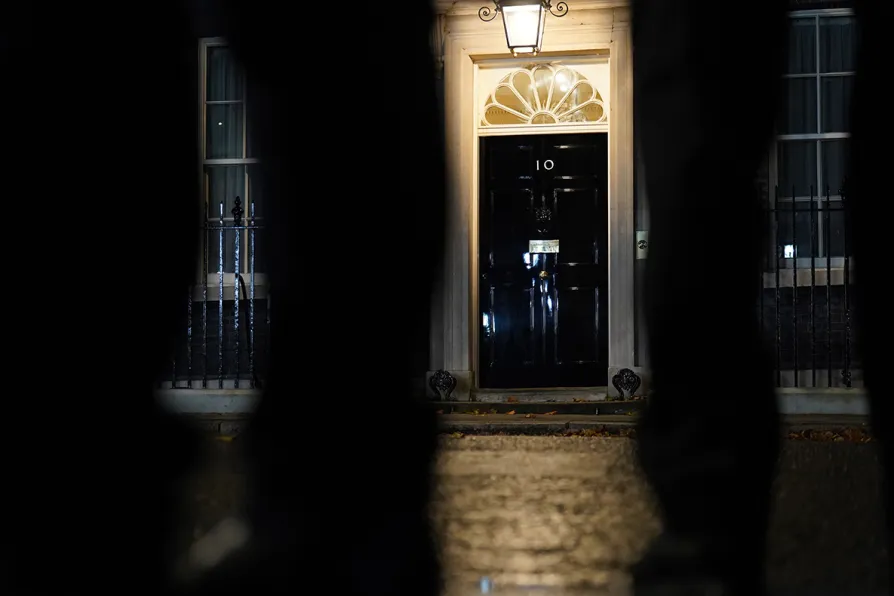
 The door of 10 Downing Street
The door of 10 Downing Street
THE government is seeking to water down an international human rights treaty, even though this could allow war criminals to go free, campaigners have warned.
Government officials from over 77 countries are meeting in Ljubljana, Slovenia, this week to conclude negotiations and adopt the landmark treaty, which is commonly known as the Mutual Legal Assistance Convention.
It would require governments to investigate and, if sufficient evidence exists, prosecute suspected perpetrators of genocide, war crimes and other human rights abuses in their own domestic courts or to hand them over to another country or an international criminal tribunal.
Britain and France have proposed some amendments to the convention, which Amnesty International warns would defeat its purpose.
These include a change to draft article 6 (2), making extradition or prosecution optional.
The human rights group warned that if this proposal is adopted, it “seriously risks undermining the vital principle of ‘universal jurisdiction’ as a requirement under international law and may potentially override important provisions in other treaties such as the Convention Against Torture.”
Amnesty International UK chief executive Sacha Deshmukh said: “This alarming move could let suspected torturers and war criminals escape justice.
“Bafflingly, the UK is facing both ways on this vital issue, heartily supporting Ukraine’s efforts to prosecute war criminals on the one hand, while on the other, British officials are seeking to water down important rules in the international fight for justice, truth and reparation.
“The government must withdraw these and other harmful amendments.
“The UK has historically supported important measures to bring war criminals to justice, yet it now risks being on the wrong side of history with this important new treaty.”

Home Secretary Cooper confirms plans to ban the group and claims its peaceful activists ‘meet the legal threshold under the Terrorism Act 2000’

















